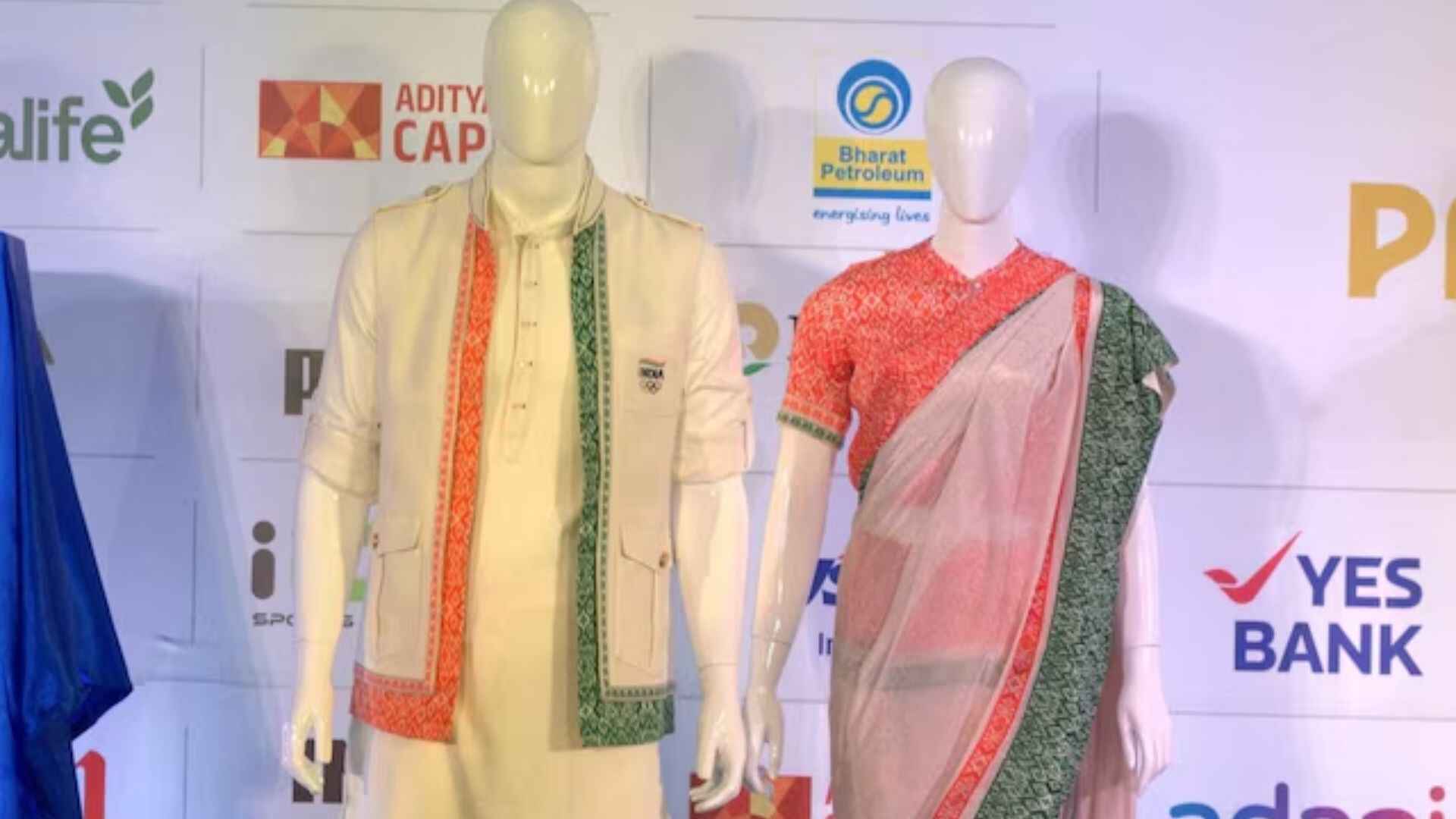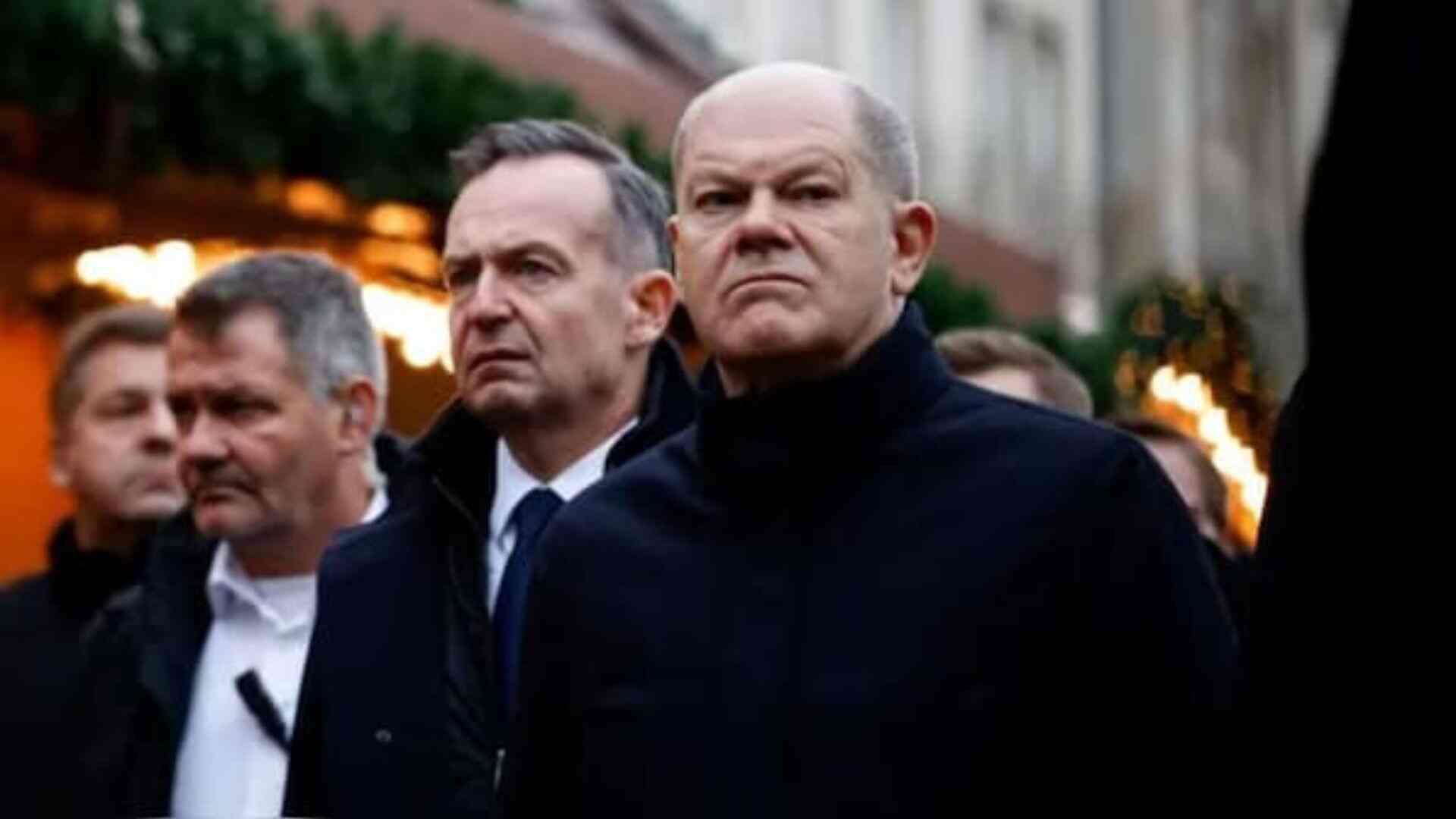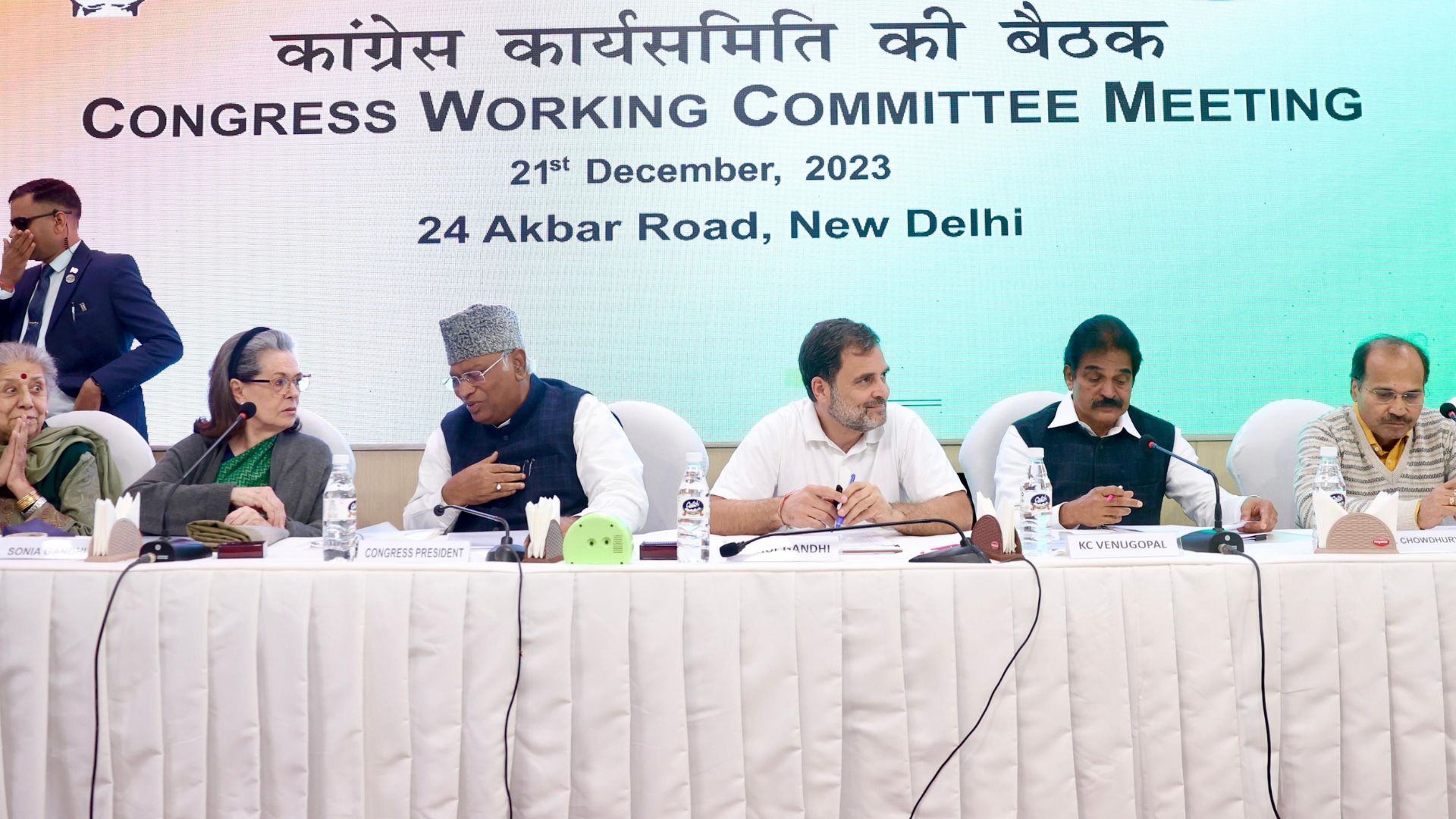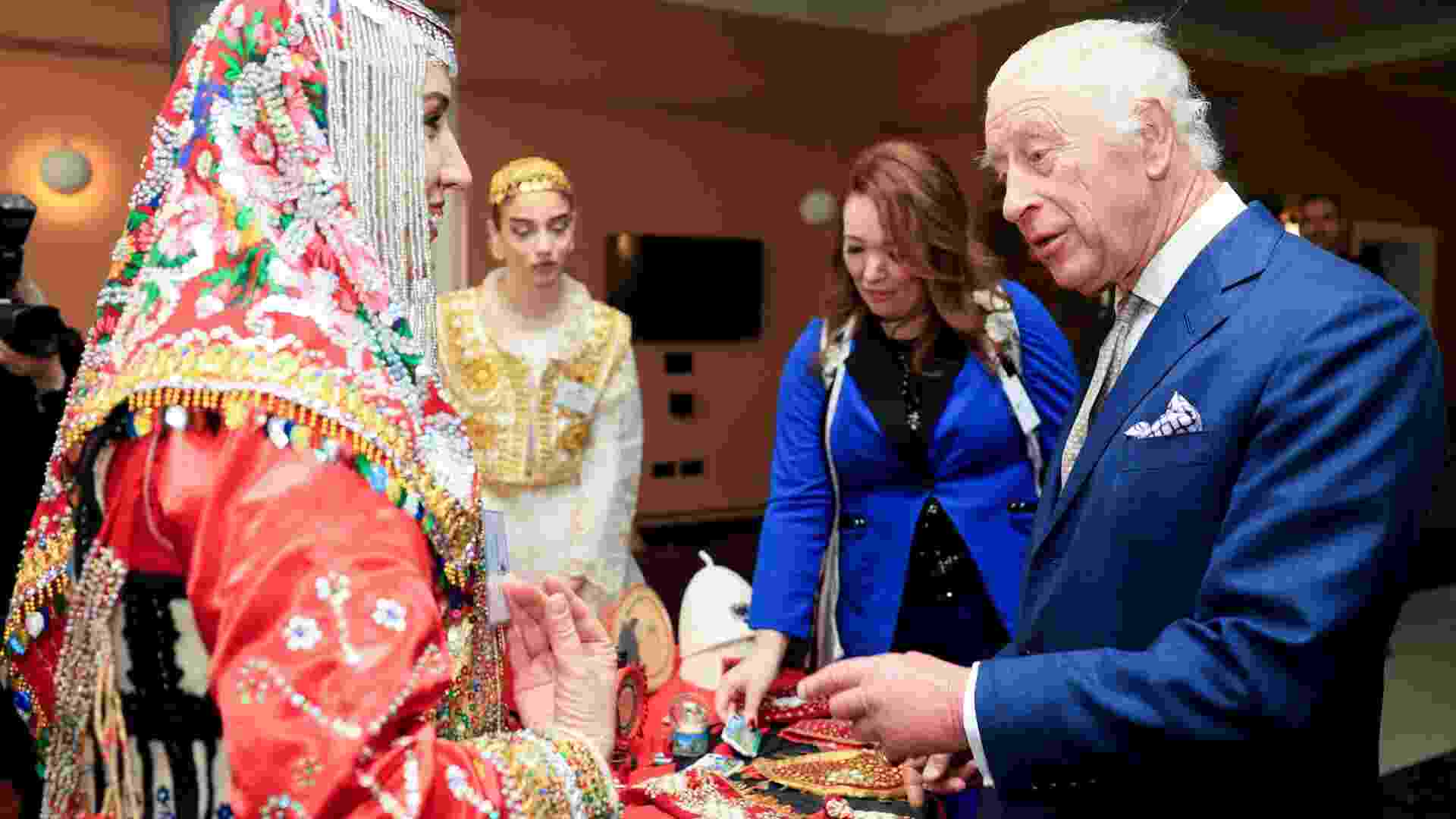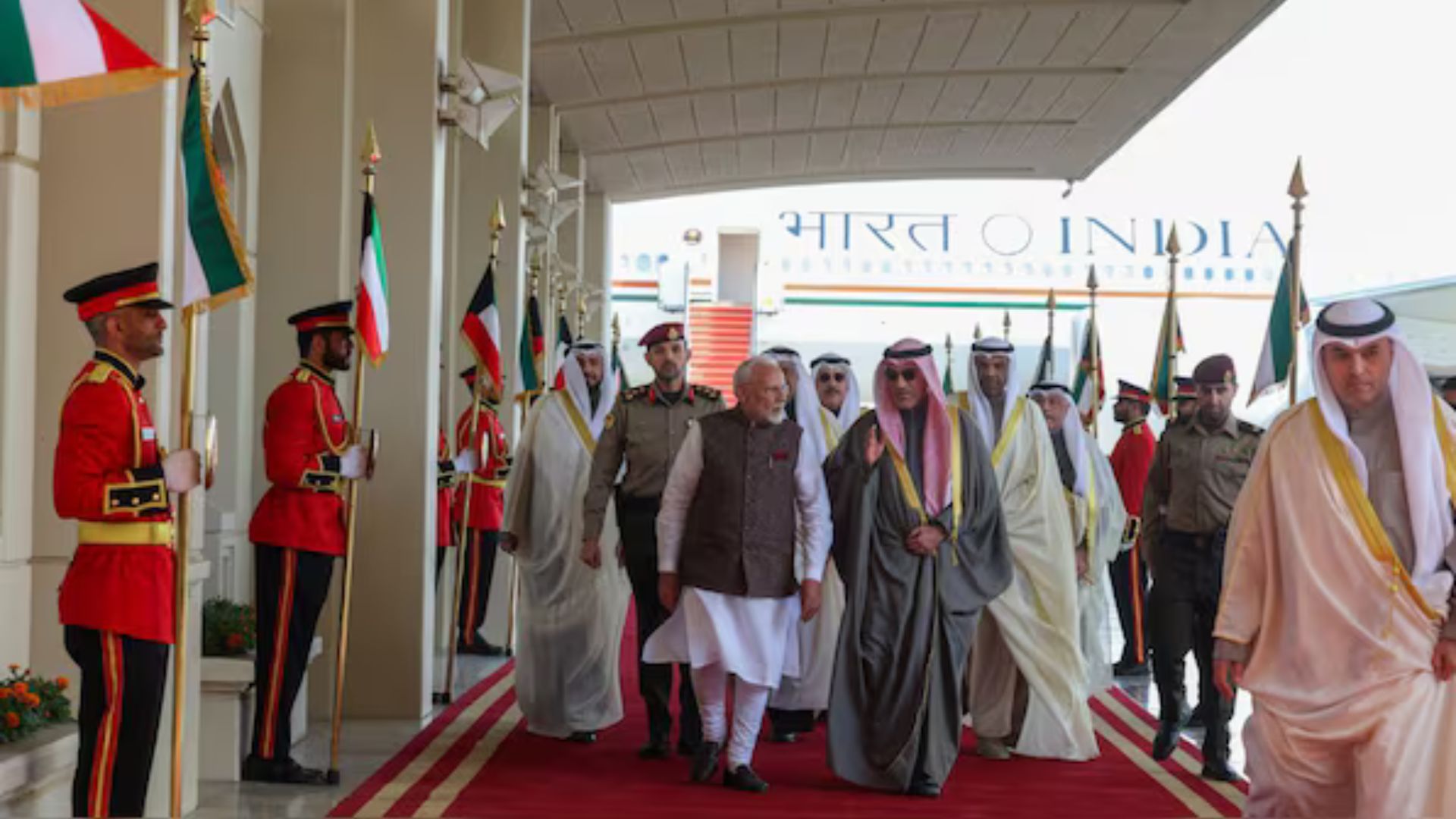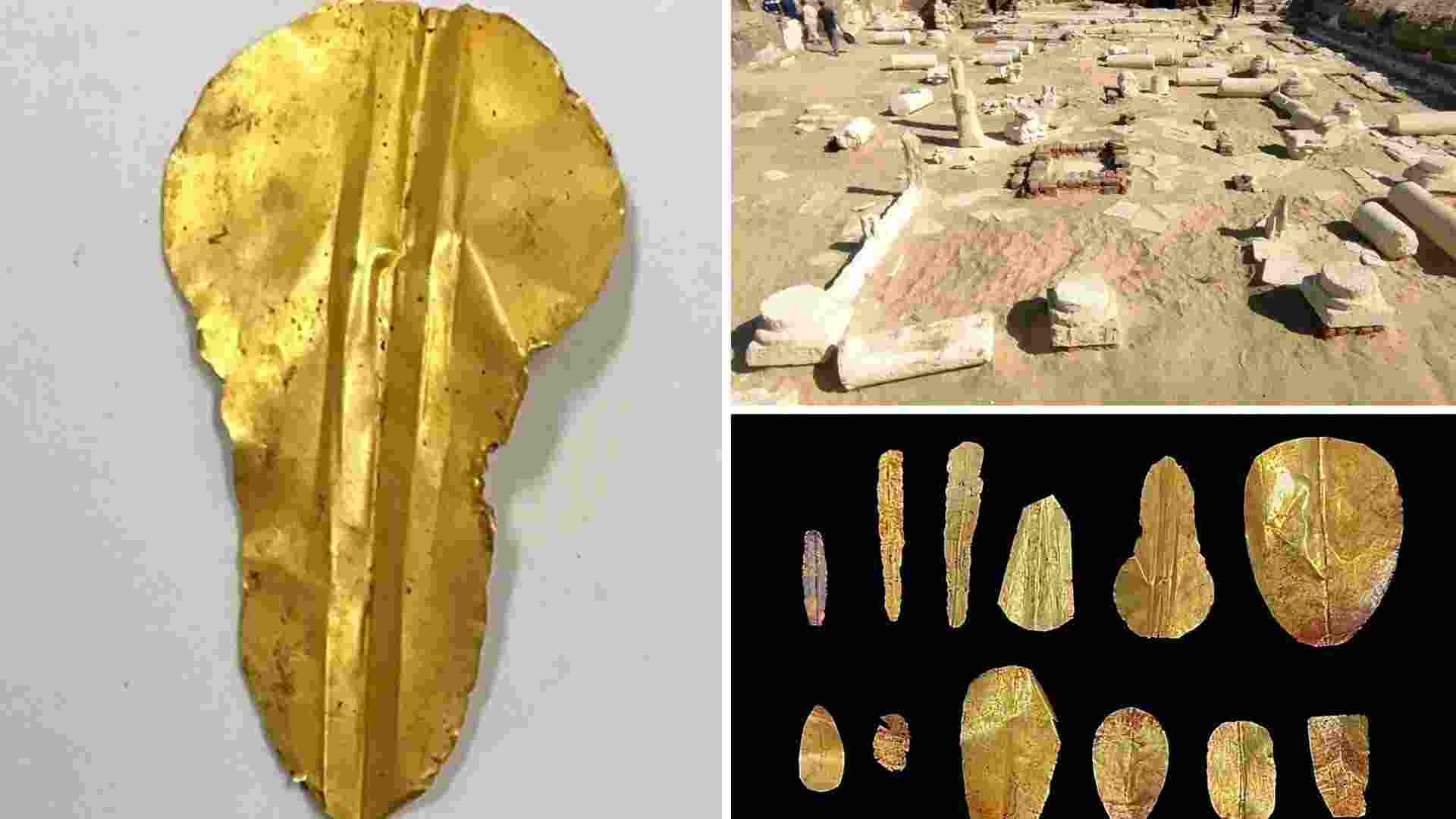The 2024 Summer Olympics will take place in Paris from July 26 to August 11, where teams will showcase outfits celebrating their cultural heritage at the opening and closing ceremonies. Team India’s athletes will don kurta bundi sets, while female athletes will wear matching saris resembling the tricolor flag for the opening event. However, criticism arose when a comparison was drawn between India’s attire and Mongolia’s official uniform, with one commentator labeling India’s outfit as “tacky.”
The user posted contrasting images of Indian and Mongolian attire with the caption, “Looking at the Indian Olympic Uniform contrasted with Mongolia’s.” Expressing disappointment, the user questioned whether everything created needs to look “tacky,” particularly at such a prestigious event as the Olympics.
See Here:
Looking at the Indian Olympic Uniform contrasted with Mongolia’s.
Damn does everything we make have to look tacky I swear. You’d think at least the olympic ceremony would look at least refined. pic.twitter.com/yyi56Nmoe0
— Satvik Pendyala (@Satvik_Pen) July 14, 2024
Further discussion revealed that the Indian outfits were crafted by a reputable design house, which also designed attire for celebrities like the Kardashians at the Ambani wedding. This sparked criticism that the designers might have prioritized celebrity clients over representing national pride and cultural richness.
How Social Media Users React?
The post generated significant debate on social media, with one user advocating for showcasing India’s heritage with elegance and pride through Olympic uniforms.
A user said, “It’s giving an independence day function at school.”
Another stated, “We have zero sense of aesthetics.”
One suggested, “Bharat has so many traditional dresses. Adapt any of these to create an aesthetic Olympics uniform. Give this as a competition to students at NIFT instead of established designers.”
Ideas were put forward to update India’s Olympic uniforms, suggesting a shift towards incorporating a variety of traditional attire to better showcase the country’s diversity. The focus was on promoting competitions among design students rather than solely relying on established designers. The conversation highlighted a collective aspiration for India to elevate its global presence with designs that are culturally meaningful and reflective of its rich heritage.

